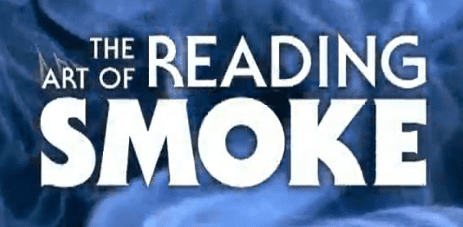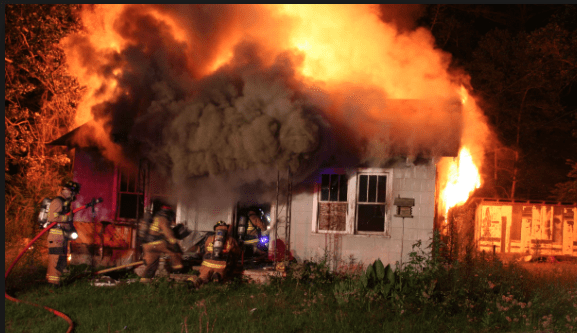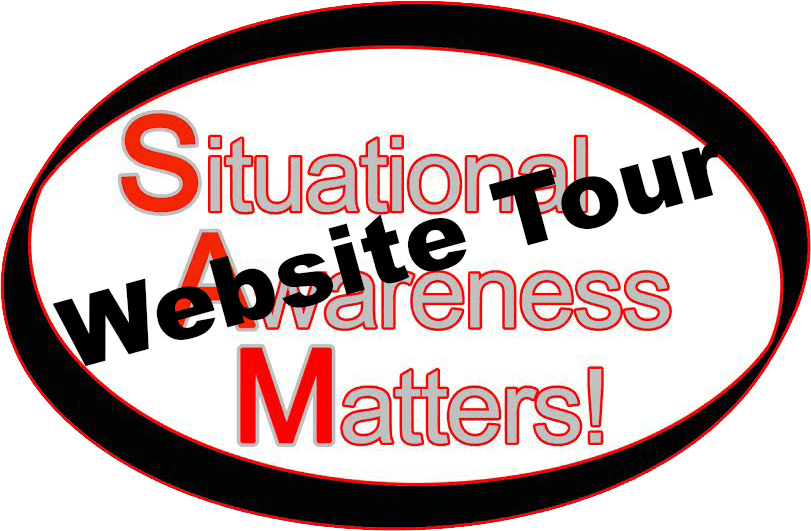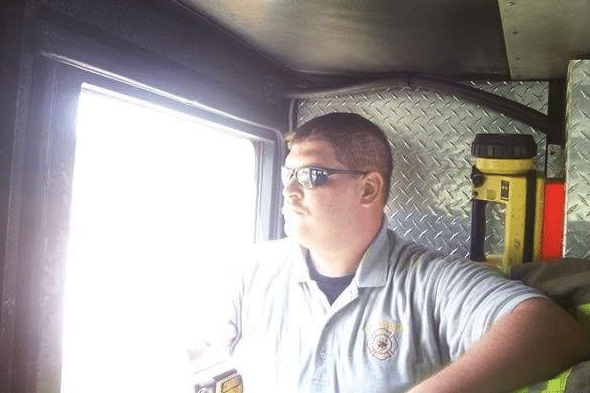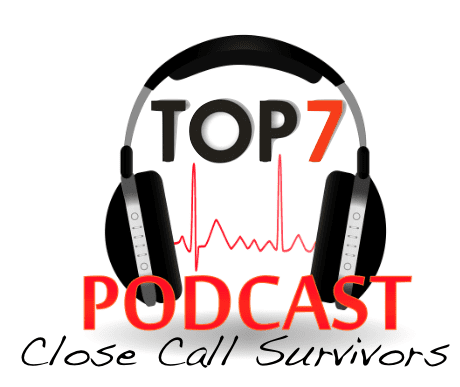Episode 66: Dave Dodson Interview
In this episode I sit down with Dave Dodson, the creator of the Art of Reading Smoke Program and co-author of the Art of Reading Buildings book to discuss his passion for helping firefighter read smoke and buildings. Length: 45 minutes click the YouTube icon to listen _____________________________________________________ If you are interested in taking your […]
Episode 66: Dave Dodson Interview Read More »

